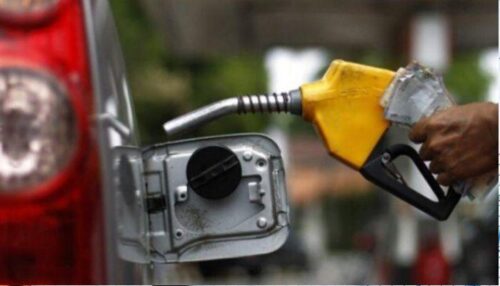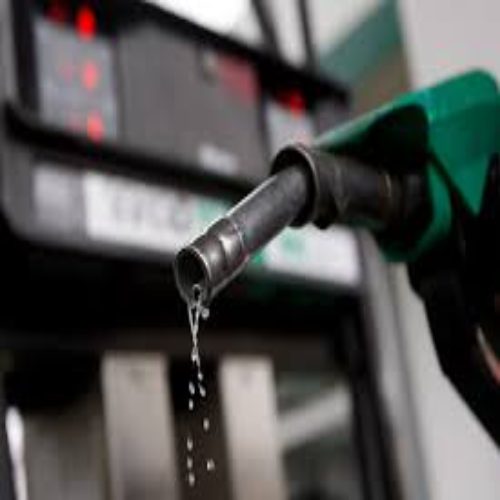
The Federal Government of Nigeria has reaffirmed its commitment to the continuation of the naira-for-crude oil exchange deal with local refineries, a policy aimed at strengthening domestic fuel supply and reducing pressure on foreign exchange demand.
Analysts suggest the sustained implementation of this initiative, especially against the backdrop of falling global oil prices, could contribute to lower petrol prices in Nigeria. “The naira-for-crude policy, combined with declining international oil prices, is likely to bring relief to Nigerian consumers through reduced fuel costs,” one energy analyst noted.
Global oil prices have been on a downward trajectory due to escalating trade tensions. As of Wednesday evening, Brent crude dropped by 3.52% to $60.61 per barrel, while West Texas Intermediate (WTI) crude closed at $57.31, a 2.21% decline from the previous day. The sharp price drops follow the United States’ decision under President Donald Trump to impose a 104% tariff on Chinese imports, and additional duties of at least 10% on other trading partners. China has retaliated with an 84% tariff on U.S. goods. Nigerian exporters now face a 14% tariff when shipping products to the U.S.
Amid this global economic uncertainty, Nigeria’s Technical Sub-Committee on the Crude and Refined Product Sales in Naira initiative convened this week to assess progress and address challenges related to implementation. In a statement shared on X (formerly Twitter), the committee emphasized that the initiative is a long-term strategic policy—not a temporary measure—designed to support local refining, boost energy security, and minimize the need for foreign exchange in the petroleum sector.
The statement read in part, “the Crude and Refined Product Sales in Naira initiative is a strategic policy directive, intended to sustain local refining, enhance energy independence, and insulate the domestic petroleum market from foreign exchange volatility. Implementation challenges are being actively managed, and the policy will continue as long as it serves the public interest and supports national economic goals.”
However, recent developments have raised questions about the deal’s consistency. On March 13, it was reported that Dangote Refinery, the largest in Africa, was considering sourcing additional crude from Angola and Algeria amid uncertainties surrounding its arrangement with the Nigerian government.
Despite this, data from Bloomberg indicate that the refinery has received over three million barrels of U.S. crude this month alone. It has also imported crude grades from Angola and Algeria, including Angola’s Pazflor and Algeria’s Saharan Blend, both supplied by Glencore Plc.
According to energy analysts at Energy Aspects Ltd., crude deliveries to the Dangote facility have averaged 450,000 barrels per day over the past two weeks up from an estimated 380,000 barrels per day earlier in the year.
As the naira-for-crude policy unfolds, stakeholders will closely watch how its implementation evolves, especially in relation to fuel pricing, foreign exchange stability, and Nigeria’s broader energy strategy.



